The recent Moscow Business Square confirmed that Russia’s industry is still struggling to break out of its local borders but that a global explosion of stories and talent is inevitable.
A host of figures from the international film business was in Moscow for the Moscow International Film Festival and its associated industry event Moscow Business Square. What resulted was a fascinating dance as visitors tried to establish how Russia was going to grow its local industry and how that would impact the rest of the world. Locals meanwhile reached out to the guests for collaboration and export opportunities not just of completed films or projects in development but also talent and stories.
It’s a thrilling experience to visit Moscow. The city is positively buzzing with growth, energy and affluence as witnessed by ubiquitous Maybacks, Gucci boutiques and swanky hotels. But its film industry has yet to take off an an international level, and, although there have been some major post-Perestroika hits like Night Watch and Day Watch and The 9th Company, there has been an equal number of costly turkeys like Burnt By The Sun 2 that have positively discouraged local investment into the industry.
In fact Night Watch and Day Watch may have given Timur Bekmambetov his big break in Hollywood with Wanted and the recent Abraham Lincoln Vampire Hunter, but when Fox tried to take the films global, non-Russian audiences resisted them more because of their muddy storytelling than for their stunning visual style. Sure, critics and festivals continue to embrace Russian auteurs likeSokurov, Zvyagintsev and Lungin, but storytelling traditions in Russia don’t necessarily translate on a mainstream level.
It’s just a matter of time of course. Russia is fast becoming one of the world’s most powerful theatrical markets with $1.155bn in grosses in 2011 and plenty of geographical area for growth, even if piracy is still eating intoancillary revenues. Hollywood is targeting Russia as one of its major markets, regularly brings talent there for promotional purposes and often opens films first in Russia before anywhere else in the world.
Russian directors like Bekmambetov and Sergei Bodrov, who just completed shooting on Warner Bros adventure epic The Seventh Son, are in demand in LA; and blockbuster films are increasingly set in Russia, from The Bourne Supremacy with its epic Moscow car chase to Mission: Impossible – Ghost Protocol which went so far as to blow up the Kremlin.
At Moscow Business Square, other areas of potential collaboration came up. The Hollywood contingent which included Paula Wagner, Rick Nicita, David Unger from ICM and financing expert Hal Sadoff all called for a tax incentive to enable large international productions to shoot in Russia. Although it’s an expensive city to visit, Moscow could easily become a desirable shooting destination if the financial conditions were right.
Much of the Bourne film’s Moscow sequence was shot in Berlin and much of the M:I IV Moscow sequence was shot in Canada, with only second unit filming taking place in Red Square for a week. A workable tax incentive could mean a lot more international businessheading into Russia, and The Russian Cinema Fund, which was born out of theMinistry of Culture in 2010, is acting as a central organization for both stimulation of local production and inward investment.
Paula Wagner, who worked around the globe producing the first three M:I movies – although not the fourth – was a pioneer in finessing the models for shooting US movies in various countries around the world from the Czech Republic on the first film to China on the third and called on Russia to get an incentive scheme in place. She explained that the design of the M:I films was to cast them with international actors, then shoot and promote them around the world. “Hollywood is a state of mind,” she said. “You can make Hollywood films anywhere.
A by-product of US films shooting in Russia is the casting of Russian actors, but the dearth of internationally known Russian stars was also discussed as well as an agenting system which would promote them. Unger, who is the US agent for international talent such as Gong Li and Anil Kapoor has just taken on Russian model and philanthropist Natalia Vodianova as a client to develop her career as an actress. She could be the standard bearer for a new wave of Russian stars who make it outside the country.
In independent terms, the Business Square threw up some intriguing movie projects such as Civilians, a mystery thriller from director Fedor Derevyanskiy, The Last Weekend, an English language Chicago-set thriller from Hooked director Pavel Sanaev and Empire V, an adaptation of Victor Pelevin’s vampire novel, to be directed by Russian born Victor Ginzburg.
There is certainly no shortage of commercial ambition in the Russian talent sector, and it’s just a question of time before it starts seeping into an international consciousness.

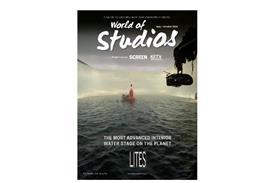


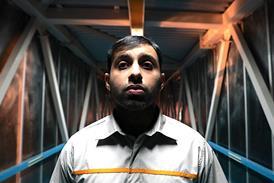

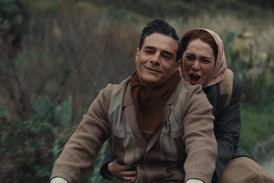
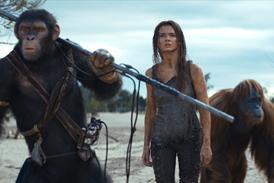




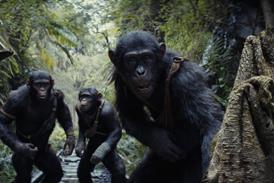












No comments yet